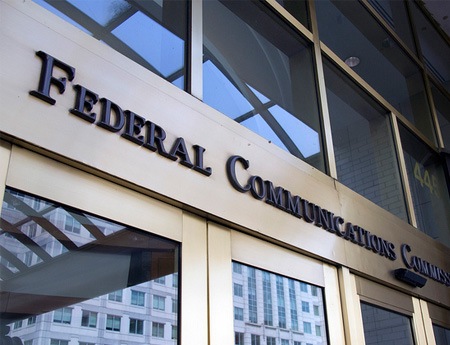FCC Starts Clock on Charter-TWC Deal

The smarter way to stay on top of broadcasting and cable industry. Sign up below
You are now subscribed
Your newsletter sign-up was successful
The FCC has published its protective orders on both how to handle and share sensitive documents in its review of the Charter/Time Warner Cable merger and, more broadly, other mergers and documents in the FCC's purview.
That means the comment cycle is open and the informal shot clock on the review has started. Initial comments are due Oct. 13 (and the shot clock start date is the sadly memorable Sept. 11).
They were voted two weeks ago, but FCC sources said the Republican commissioner dissents would be incorporated before release of the document. The FCC's IT issues that had various web site functions unavailable for days and some folks working offsite, may have played some role in the delay of publishing. The FCC has been pretty good under FCC Chairman Tom Wheeler about getting decisions published relatively quickly.
"While we are mindful of the sensitive nature of some of the information involved, we are also mindful of the general right of the public, and our desire for the public, to participate in this proceeding in a meaningful way," the protective order said. "We find that allowing limited access to competitively sensitive materials pursuant to the procedures set forth in the attached Protective Order allows the public (through appropriate representatives) to do so while also protecting competitively sensitive information from improper disclosure and use."
Republican Commissioner Ajit Pai, who dissented in part and approved in part, said the orders looked like a reprise of last year, when the FCC tried to give hundreds of outside parties access to programming contracts and retrans documents in the Comcast-Time Warner Cable and AT&T-DirecTV deals.
Pai had argued that decision had been ramrodded through. A federal court agreed that the FCC had insufficiently justified why such sharing was necessary, but gave the FCC the chance to better justify it on remand.
The AT&T-DirecTV deal has already closed, and the Comcast-TWC deal was not approved, but the new Charter-TWC orders make that justification.
The smarter way to stay on top of broadcasting and cable industry. Sign up below
"[A] new transaction is upon us, and the Commission sees another chance to give outside parties a sneak peek at confidential programming agreements. This Order is obviously the first step in the Commission’s misguided effort to do so."
But Pai was just as concerned, if not more so, by the more general portions of the orders.
"It substantially revises the FCC’s policies regarding the treatment of confidential commercial information in all types of Commission proceedings," he said. "And it changes not only the Commission’s policy on disclosing confidential information pursuant to a protective order, but also the Commission’s approach to the release of such information to the general public. To put it another way, in order to set the stage for disclosing highly confidential programming contracts to parties with whom programmers must negotiate distribution agreements, the Commission is prepared to inflict a large amount of collateral damage along the way."
"The Commission has yet to ask the Applicants or others to produce any kind of video programming information at issue in the CBS decision [the court remand of the Comcast/TWC and AT&T/DirecTV protective order decision]," blogged FCC General Counsel Jonathan Sallet of the oprders, "thus there has not yet been any decision whether the Commission will collect such information. In the future, if the Commission staff seeks such information, then the protective order procedures ensure that any objecting programmers have ample opportunities to protect their interests before any information is made available under the protective order. But, at the moment, all that is within the protective order is the application itself.
Contributing editor John Eggerton has been an editor and/or writer on media regulation, legislation and policy for over four decades, including covering the FCC, FTC, Congress, the major media trade associations, and the federal courts. In addition to Multichannel News and Broadcasting + Cable, his work has appeared in Radio World, TV Technology, TV Fax, This Week in Consumer Electronics, Variety and the Encyclopedia Britannica.

